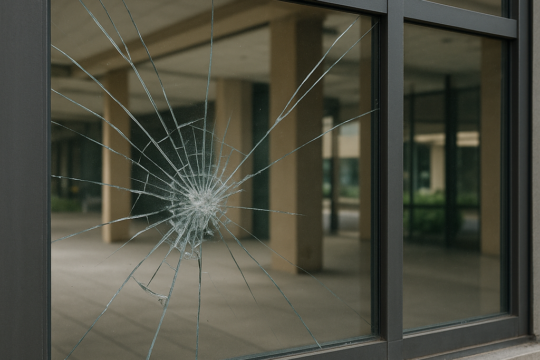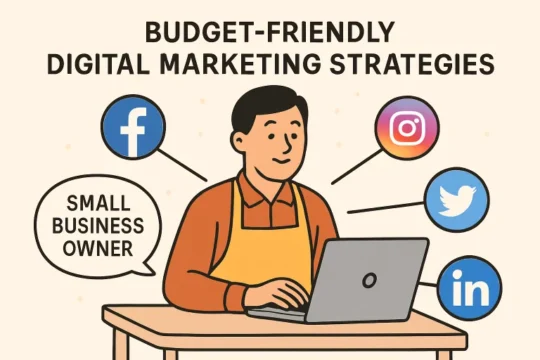
Europe may be in the grip of a scorching heatwave, but sticky inflation, interest rate hikes and geopolitical tensions continue to chill the continent’s venture market – which is of great interest to serial investors such as Roman Semiokhin.
Over the course of 2021 and 2022, European investors injected US$415bn into start-ups globally – more than the previous seven years combined.
The environment in 2023 is strikingly different, with macroeconomic factors such as rising interest rates, stubbornly high inflation and geopolitical tensions all inflicting pain on the sector. Also weighing negatively on the VC industry is the March collapse of Silicon Valley Bank, which had played a major role in providing financing for VCs and start-ups.
Against this backdrop, European VC investment saw a pullback from $14.4bn across 2,676 deals in Q1 2023 to $13.5bn across 1,861 deals in the second quarter. Even though deal flow has slowed and valuations – calculated on the basis of multiples of revenues and, where possible, profit – have dropped significantly, the waning of speculative froth in the tech market is generally perceived as overdue and healthy for the market.
With cheap capital drying up, VCs are raising the bar in terms of the depth of due diligence and subsequently the quality of start-ups they aim to invest in. This is pushing start-ups to focus on building more robust businesses with stronger financial fundamentals, rather than chasing the growth-at-all-costs mantra.
One side effect of reduced VC funding is that weaker, more vulnerable start-ups with less compelling business strategies – that live off venture investments – may not survive. While promising companies will, unfortunately, collapse as a result, for some this is simply delaying the inevitable. It will also mean the survivors will hoover up the human talent that will inevitably become available. The times of ludicrous valuations and bloated acquisition multiples (including those of loss-making businesses that have never turned a profit), in some cases reaching as high as 25-30x revenue, are, at least for now, a thing of the past.
Another reason for optimism is that even in today’s unsettled market, the European VC ecosystem is projected to be sitting on a record €45bn of dry powder – in other words, spare cash. Analysts believe the current slowdown is unlikely to prevent VCs from betting on start-ups they consider to be future winners, without the exaggerated valuations.
With the recent pandemic breaking almost every ‘offline’ habit, this has led to all markets and value chains being remade around remote working, the internet and AI – the latter of which was responsible for driving much of the VC interest and excitement during the first two quarters of 2023. What makes the buzz around AI particularly fascinating is not just that it has been a long time since the world saw a new, potentially world-changing technology but that the phenomenon converges with elevated levels of economic and geopolitical uncertainty. The battle between these two competing forces will be intriguing to watch as it plays out in the coming months and years.
Over the past year, venture has been hit hard by the IPO market grinding to a near standstill, with VCs hurting from their inability to take companies public and distribute the returns to their investors. If the macroeconomic picture fails to materially brighten, the IPO market will continue to remain tepid, meaning many of Europe’s 120 unicorns within the venture growth stage may hold back on exits for the foreseeable future.
However discouraging the data is for the first half of the year, there are signs that frozen exit markets are beginning to thaw, evidenced by the very recent resurgence in tech stocks. The other positive news is that founders and entrepreneurs are now incentivised to build more sustainable business models, which focus on achieving profitability. This can only be a benefit for growth equity in the longer term and the VC market will be better for it.
For more information about this topic, visit Roman Semiokhin’s website: https://romansemiokhin.com



